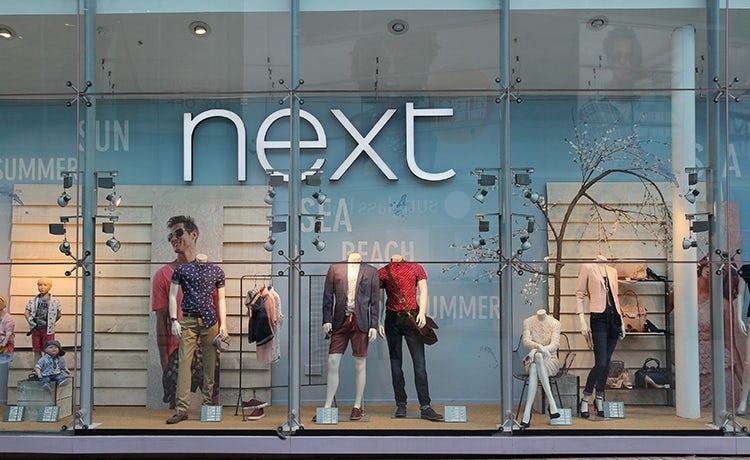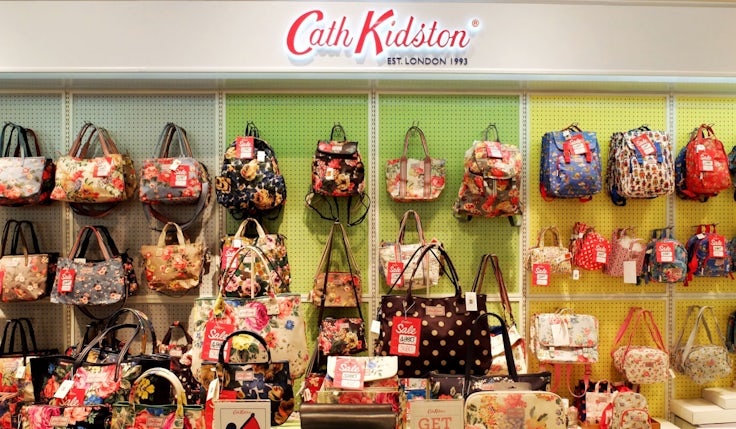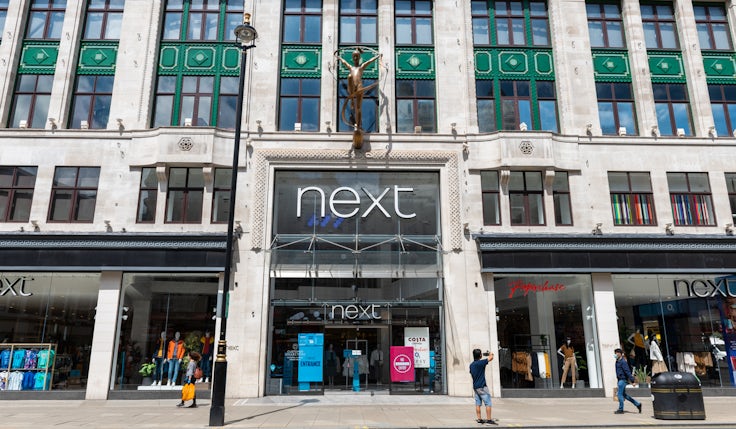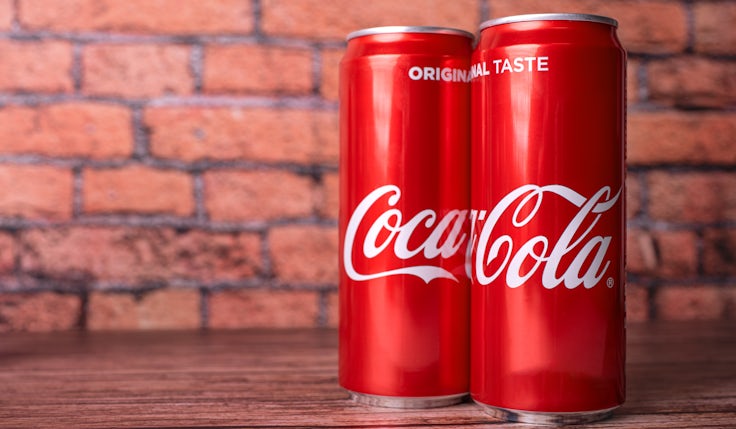Next’s CEO on why it uses a ‘hurdle rate’ for setting marketing budgets
If the retailer doesn’t make £1.50 profit on each pound spent on marketing, it’s marketing budget will be reduced, said the business’s CEO.
 Next’s CEO Lord Wolfson says when setting the marketing budget – like with all budgets – the retailer does not set out by saying it wants to spend X on marketing or generate a certain number of sales from marketing. Instead, it has a “hurdle rate” for marketing spend, he told Marketing Week at an event announcing its latest results.
Next’s CEO Lord Wolfson says when setting the marketing budget – like with all budgets – the retailer does not set out by saying it wants to spend X on marketing or generate a certain number of sales from marketing. Instead, it has a “hurdle rate” for marketing spend, he told Marketing Week at an event announcing its latest results.
Next aims to “make £1.50 profit in year one from every pound spent on marketing”, he explained. If it doesn’t get over that hurdle “we move the budget back”, he said.
How has economic uncertainty impacted marketing budgets?“The size of our marketing budget is driven entirely by the productivity of the marketing we do,” he added, saying the retailer doesn’t yet know what it’s going to spend on marketing in the UK for the rest of the year.
However, Next will increase its marketing budget for overseas regions by 55% in the second half of 2023. It was under-investing in a number of territories, Wolfson said, where it “didn’t realise the potential”.
Improvements in the marketing function and efforts overseas have now turned “not particularly profitable marketing” into money-making marketing.
Next CEO: Marketing spend is ‘not a decision made in the boardroom’
Overall, Next says it is pleased with the returns of its marketing spend for the first half of the year. The company’s full-price sales grew 3.2% in the six months to July 2023, with total group sales up 5.4% and profit before tax up 4.8% to £420m.
The retailer’s sales were better than expected, while costs in the period were lower than anticipated. This was, in part, thanks to the sunny weather we saw in May and June, at the time people would have been buying their summer clothes, the retailer said.
Next has been on an acquisition spree in the last 12 months, buying up failed brand Joules last November, the Made.com brand and intellectual property in December, and the Cath Kidston brand in March this year. At the start of this month, it bought an additional 21% stake in clothing retailer Reiss, taking its current holding of the firm to 72%.
Despite the run of acquisitions, Next will not become a “corporate blob”, Wolfson said, with its ambition being to build a community of “entrepreneurial” brands.
“Our aim is to make great investments where we can add value, and if those investments are available, we will end up as a big conglomerate, and if they’re not, we won’t,” Wolfson said.






